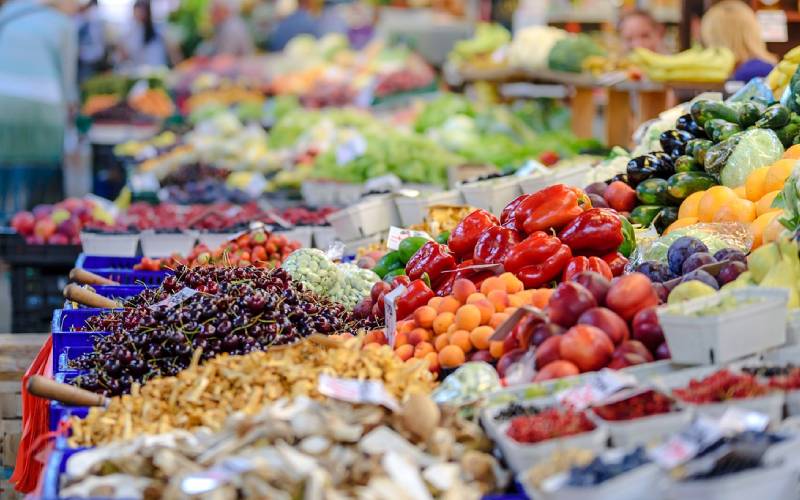An EU-funded project gives good advice to local farmers and food producers on how to make short food supply chains (SFSCs) more competitive and sustainable.
Over the last few decades, Europe’s agri-food system has had to deal with feeding a growing population, improving food transparency and shrinking its carbon footprint. These challenges have led to an important realisation: making the European agri-food industry more sustainable requires an innovative overhaul of its food supply chains.
With this goal in mind, the EU-funded SMARTCHAIN project has spent the last 3 years studying SFSCs and their potential to change the way food is grown, distributed and consumed in Europe. “During 3 years of intense work, SMARTCHAIN analysed 18 Short Food Supply Chains from 9 different countries to understand the factors that play a role in their success, but also to identify their main needs, barriers and bottlenecks, with a focus on the consumer’s perspective,” states Dr F. Javier Casado Hebrard from SMARTCHAIN project coordinator University of Hohenheim, Germany, in a news item posted on the ‘European Food Information Council (EUFIC)’ website.
As the project nears its conclusion, it has published a booklet highlighting the main insights and recommendations to support collaborative SFSCs. “In the SMARTCHAIN booklet, farmers, food producers and other SFSCs practitioners can find applicable solutions, recommendations and useful tips to improve business performance while increasing sustainability. We also developed a series of actionable policy recommendations for decision-makers to support SFSCs and their competitiveness,” explains Dr Casado Hebrard in the EUFIC article.
What exactly are SFSCs?
SFSCs are cooperative systems in which local farmers and food producers sell their produce through a very small number of intermediaries, or even directly to consumers. They usually involve close cooperation amongst local producers to promote local food, which often only travels a short distance from farmer to consumer. This increases sustainability, transparency and social relations, and results in fairer prices for both farmers and consumers. In recent years, such systems have flourished in Europe, giving producers more bargaining power and consumers greater food transparency, while also helping to reduce the industry’s carbon footprint.
Recommendations and obstacles
The booklet highlights several recommendations for businesses, including clearly expressing their value proposition, exploring online marketplaces, promoting products in local restaurants, cafes and hotels, and promoting networking and social initiatives to improve customer relations. It also recommends utilising social innovation tools such as co-creation and cooperation. According to the report, if the actors involved in SFSCs “also embrace social innovations—if they change how they relate, think, or interact—their SFSC will be better positioned to become a vibrant social living system that evolves, thrives, and makes a constant positive social impact. Social innovations can therefore contribute to the enhancement of a society’s capacity to be proactive and respond to local and global challenges.” Factors that hinder SFSC acceptance are also identified, including limited and unpredictable product quantities, perishable and expensive products, lack of trust, low consumer awareness and inadequate collaboration with peers.
The SMARTCHAIN (Towards Innovation – driven and smart solutions in short food supply chains) project has also launched an Innovation Platform to promote the transfer of knowledge, innovative practical solutions and know-how amongst SFSC stakeholders. As stated in the EUFIC news item, the booklet will soon also be available on the platform in another eight languages: Dutch, French, German, Greek, Hungarian, Italian, Serbian and Spanish.
For more information, please see: SMARTCHAIN project website.
Related articles
- Towards innovation-driven and smart solutions in short food supply chains, The Project Repository Journal (volume 7).
The post Smart solutions for sustainable food supply in Europe was originally published on CORDIS | European Commission.


